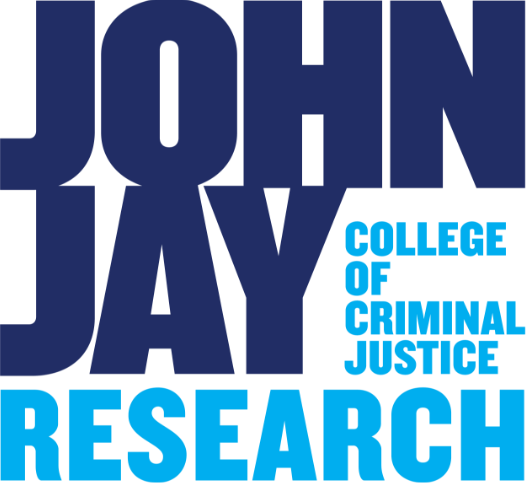IMPACT
The research magazine for John Jay College of Criminal Justice
PROFILES
Understanding Sexual Grooming to Prevent Abuse
Elizabeth Jeglic Is Using Data to Protect Children from Sexual Abuse
Inside the Presidential Transition
Heath Brown Looks at What Comes After the Election
Studying Individual Experiences of Violence and PTSD
Dr. Maureen Allwood's research underscores the importance of individualized analysis when addressing PTSD in survivors of violence
Shedding Light on Subtle Forms of Discrimination
Dr. Kevin Nadal passionately addresses subtle yet pervasive discrimination faced by marginalized communities
DEBRIEFS
2024 Student Notes
Polycentric, Dialogical, and Relational
An exhibition featuring John Jay faculty artists -- in a virtual space.
Are Polls Broken?
John Jay Associate Professor and election scholar Brian Arbour says national polling isn't as broken as we might think.
